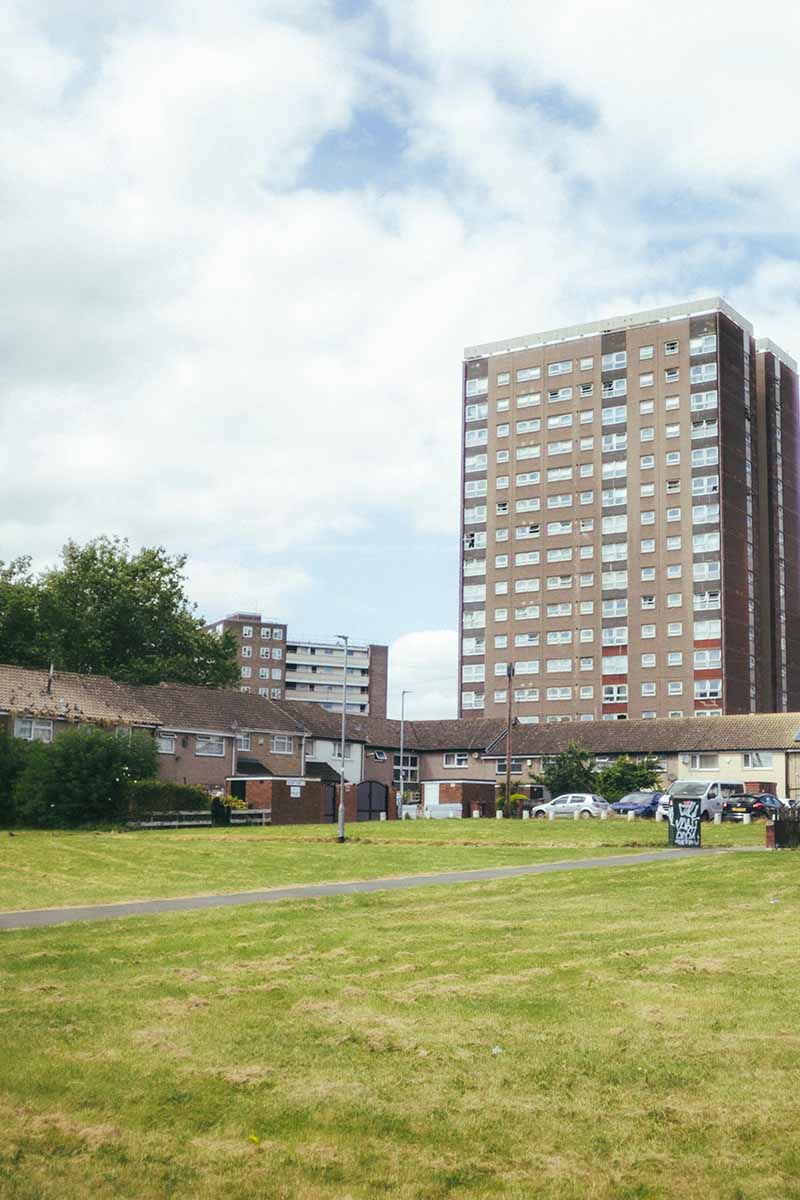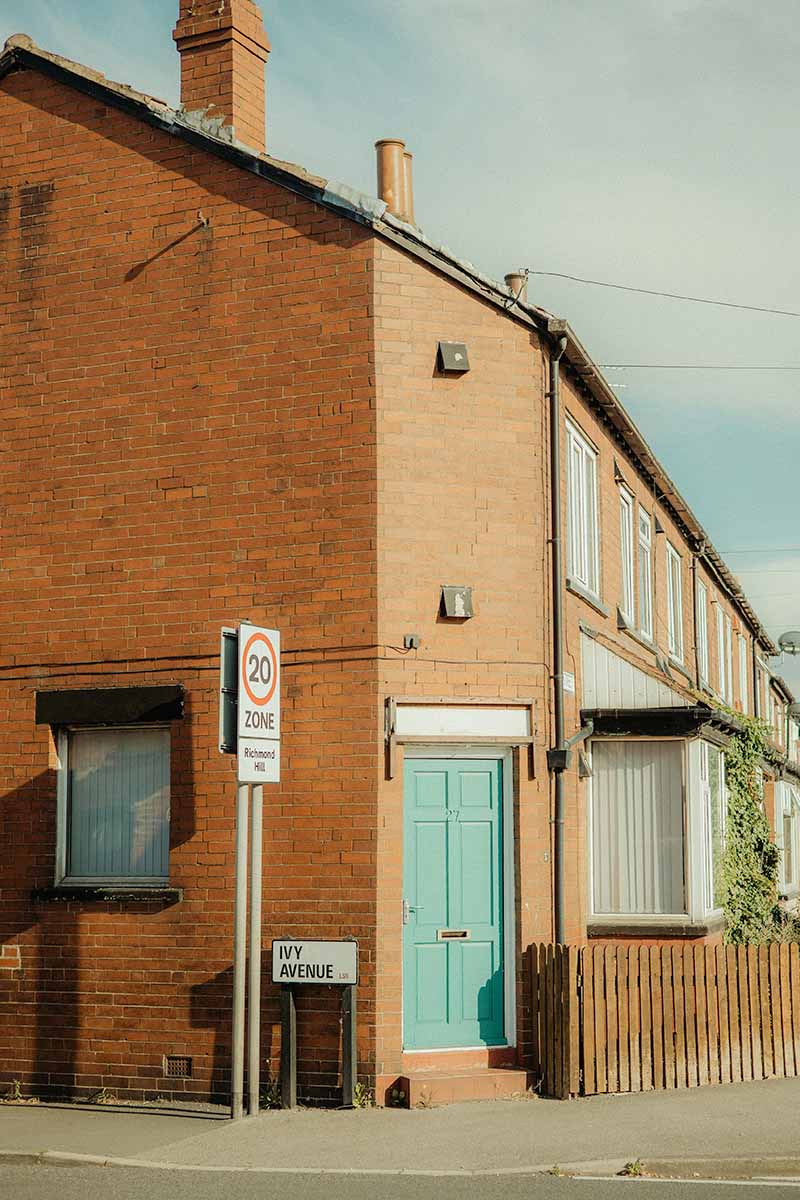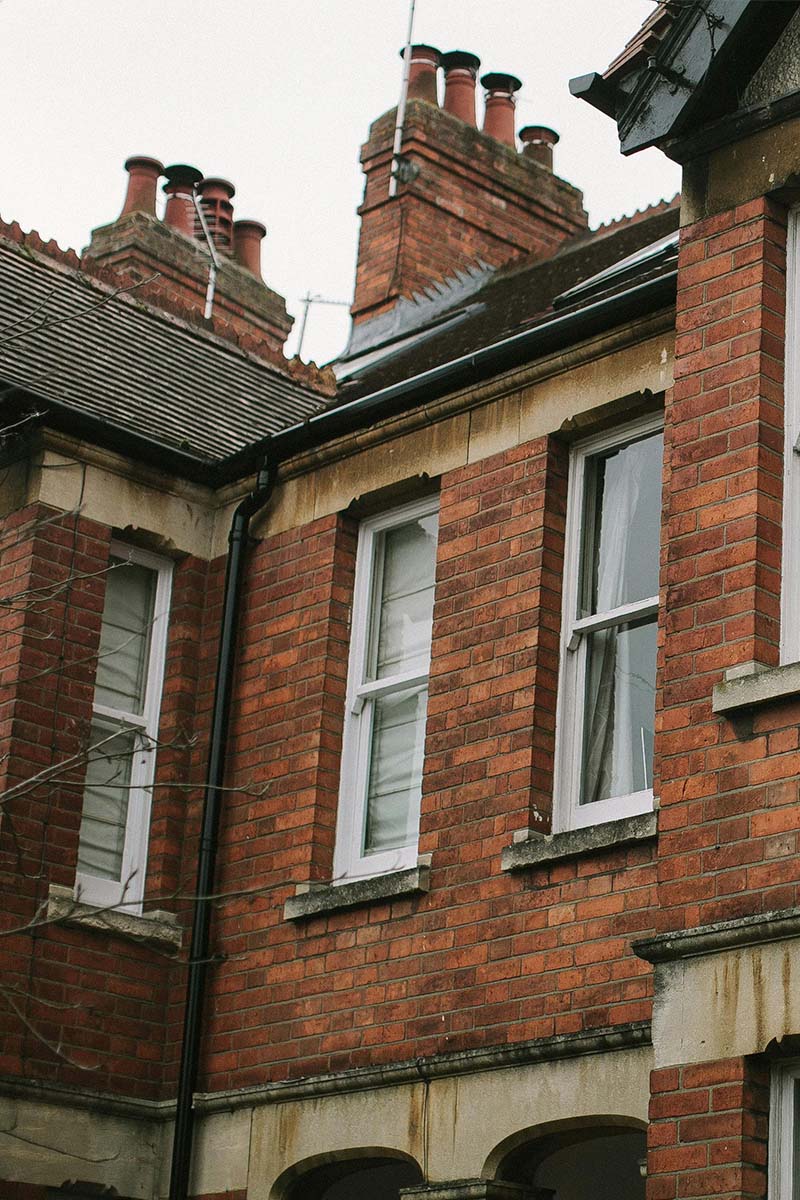How to sell your home quickly during a divorce
Selling your home during a divorce isn’t easy, especially when emotions run high and both time and finances are under pressure. But with the right information and cooperation, it’s possible to reach a fair, fast agreement that lets both parties move on. This guide walks you through the key steps, legal considerations, and fastest routes to sell your home during a divorce in the UK.
You can sell your home quickly during a divorce if you follow the right process and, most importantly, if both parties agree.
- A mutual agreement is the fastest way to sell.
- You can sell before or after the divorce is final.
- A cash buyer or auction can help avoid delays.
- Court involvement is a last resort if one person won’t cooperate.
- Having the right legal and financial advice can speed up the process.

Agreeing to the sale is the fastest route
The single biggest factor in a quick divorce sale is mutual agreement. If both parties agree to sell, you can avoid lengthy disputes or court action and move straight into the sales process.
To move quickly, try to agree in writing on:
- The asking price or minimum acceptable offer.
- Choice of agent, auction, or buyer.
- Division of sale proceeds.
- Timeline for accepting offers and moving out.
Once both people are aligned, you can list the property, accept an offer, and instruct solicitors without unnecessary delays.
Your fastest options for selling
If both parties agree to sell the home, there are several ways to move forward with some being quicker than others. The best route will depend on your financial priorities, urgency, and willingness to compromise on the final sale price. Below are the main options, with pros and cons to help you decide which suits your situation best.
Sell to a cash buyer
Cash buyers purchase directly without needing a mortgage, surveys, or chain. This is the fastest way to sell, especially if you need certainty or privacy during a difficult time.
Pros:
- Sale completed in weeks or even days.
- No estate agent or marketing needed.
- No delays from mortgage approvals or buyer fall-throughs.
Cons:
- Offer will be below open market value.
Sell at auction
Selling at auction can also be faster than the open market. Once the hammer falls, the buyer is legally committed, and completion usually happens within 28 days.
Pros:
- Legally binding once sold.
- Attracts serious buyers and investors.
Cons:
- Final price can be unpredictable.
- Entry and legal fees apply.
Traditional estate agent
If you can both agree and want the highest price, this remains a valid route. But it can be slower and more stressful.
Pros:
- Potential for higher offers.
- Wider exposure to the market.
Cons:
- Slower selling times that are affected by market conditions.
- More room for disputes if communication breaks down.
Legal routes if you can’t agree
If one person refuses to sell or cooperate, you may need legal intervention. This is typically a last resort due to the cost and timescale involved.
The main options include:
Property Adjustment Order
A court can issue an order to force the sale of the property as part of the divorce financial settlement.
Mesher Order
If children are involved, the court may allow one person to remain in the home until a trigger event (such as a child turning 18). This delays the sale but can be a fair solution in some cases.
Be aware: Court-ordered sales can take 6 to 18 months, depending on complexity, and incur legal costs for both parties.
What do courts consider when deciding if the home must be sold?
If you and your ex-partner can’t agree on whether to sell the home, the court may step in and make the decision as part of your financial settlement. This typically happens through a Property Adjustment Order.
The court’s aim is to ensure a fair and reasonable outcome, especially where children or financial imbalance is involved. Here are the main factors the court will consider:
- Financial circumstances of each person: The court will assess whether either party can afford to stay in the property. If neither person can manage the mortgage or running costs on their own, a sale becomes more likely.
- Best interests of any children: Where children are involved, their welfare is a top priority. The court may delay or prevent the sale if remaining in the home provides stability — for example, staying close to school, family, or community support.
- Whether the parties can agree: If both parties cannot come to an agreement about what to do with the property, the court may be more inclined to order a sale to bring closure and divide the proceeds fairly.
- How the property is classified: Only marital assets, being those acquired during the marriage, are typically subject to court-ordered division. If the home was owned before marriage or inherited, its status may be treated differently depending on how it was used during the relationship.
- Contributions made to the home: The court may consider both financial and non-financial contributions, such as who paid the mortgage, carried out renovations, or cared for children while the other worked.
- Age, health and housing needs: Judges will also weigh up whether either spouse has particular needs based on age, health, or long-term housing requirements — especially in cases where one party is more vulnerable.
- Legal precedent and fairness: Ultimately, there is no set formula. Courts have wide discretion to ensure outcomes are fair and proportionate, based on the full picture of your relationship, finances and future needs.
Could one person stay in the home?
If one person wants to remain in the property and can afford to buy the other out, including refinancing the mortgage, the court may allow this. If neither person can afford it or wishes to stay, a sale is the most common solution.
How long does the court process take if we can’t agree?
If the sale of the home has to go through the courts because you and your ex-partner can’t agree, be prepared for delays. While the exact timeline varies, a court-ordered sale typically takes between 6 and 18 months and sometimes longer in complex cases.
What affects the timeline?
- Mutual agreement: If both parties eventually agree to the sale and terms, the court’s role is limited, and the process can be completed in 2–4 months.
- Disagreement or dispute: If there is no agreement, the court must issue an Order for Sale and possibly rule on key points like valuation, timing, and proceeds. This can extend the process considerably.
- Legal steps: Formal proceedings begin with legal filings and may include mediation, solicitor correspondence, or hearings.
- Order for Sale: Once issued, this court order will set the timeline for listing, deadlines for completion, and may include guidance on which agent to use or whether to sell at auction.
- Market conditions: Even after court approval, how quickly a sale completes may depend on local demand and buyer availability.
Summary table: Sale timeline scenarios
If speed is important, for example, to release equity, pay off a joint mortgage, or avoid further emotional strain, it’s usually in both parties’ interests to cooperate early and avoid lengthy legal action.
Save time and hassle by selling your home with us
Get a guaranteed cash offer on any property in England and Wales. All you need to do to get started is enter your address below.
Can I sell before the divorce is final?
Yes, many couples choose to sell the home first and divide the proceeds later as part of the financial agreement. You don’t need to wait until the decree absolute, but both owners must consent to the sale unless a court has intervened.
Selling early can provide:
- Clarity for financial negotiations.
- Closure and space for both parties.
- Relief from shared bills and mortgage stress.
Other routes: Buyout or deferred sale
If one person wants to stay in the property, they may offer to buy the other’s share, subject to affordability and lender approval.
Alternatively, in some divorces involving children, the court may defer the sale — but this does not offer a quick solution. It's designed to prioritise stability for the family, not speed.
Preparing the home for a fast sale
Once you’ve agreed to sell, preparation makes a real difference to how quickly you can complete:
- Declutter and clean to improve photos and viewings.
- Fix minor issues that could delay survey results or negotiations.
- Gather documents early, including title deeds, mortgage info, ID, energy performance certificate (EPC), and insurance paperwork.
- Agree on communications, such as who liaises with agents or solicitors to avoid confusion.
What if you're still living together?
You can still sell while living under the same roof. It’s not uncommon during divorce, particularly if the couple is waiting for completion. However, it’s important to set ground rules around viewings, agents, and future arrangements to avoid friction.
Professional help can speed things up
Getting the right legal advice early on can help avoid delays and disputes. If you're struggling to agree, mediation is often quicker and cheaper than going to court.
- Use a solicitor familiar with divorce property sales.
- Ask about property-specific divorce agreements.
- Consider speaking to your mortgage provider early if refinancing or transferring the mortgage is on the table.
Summary table: Divorce sale options
Selling quickly and fairly with Habello
At Habello, we help people move forward with confidence during difficult times. If you’re divorcing or separating and want to sell your home without added stress, we’ll work with you to find the fastest and fairest solution.
- Cash offer in 24-72 hours.
- Flexible sale timeline to suit your schedule.
- Legal costs covered and no estate agents.
- Fair market value.
If you’re separating and want certainty over your next step, we can help you sell quickly and move on with confidence.
Property owners are choosing Habello for a faster, easier and less stressful way to sell
Sell your home quickly for cash by accepting an offer just below market value. See how we compare to your other options by using the calculator below.
Related guides
Bring yourself up to speed with our property guides.





































































































